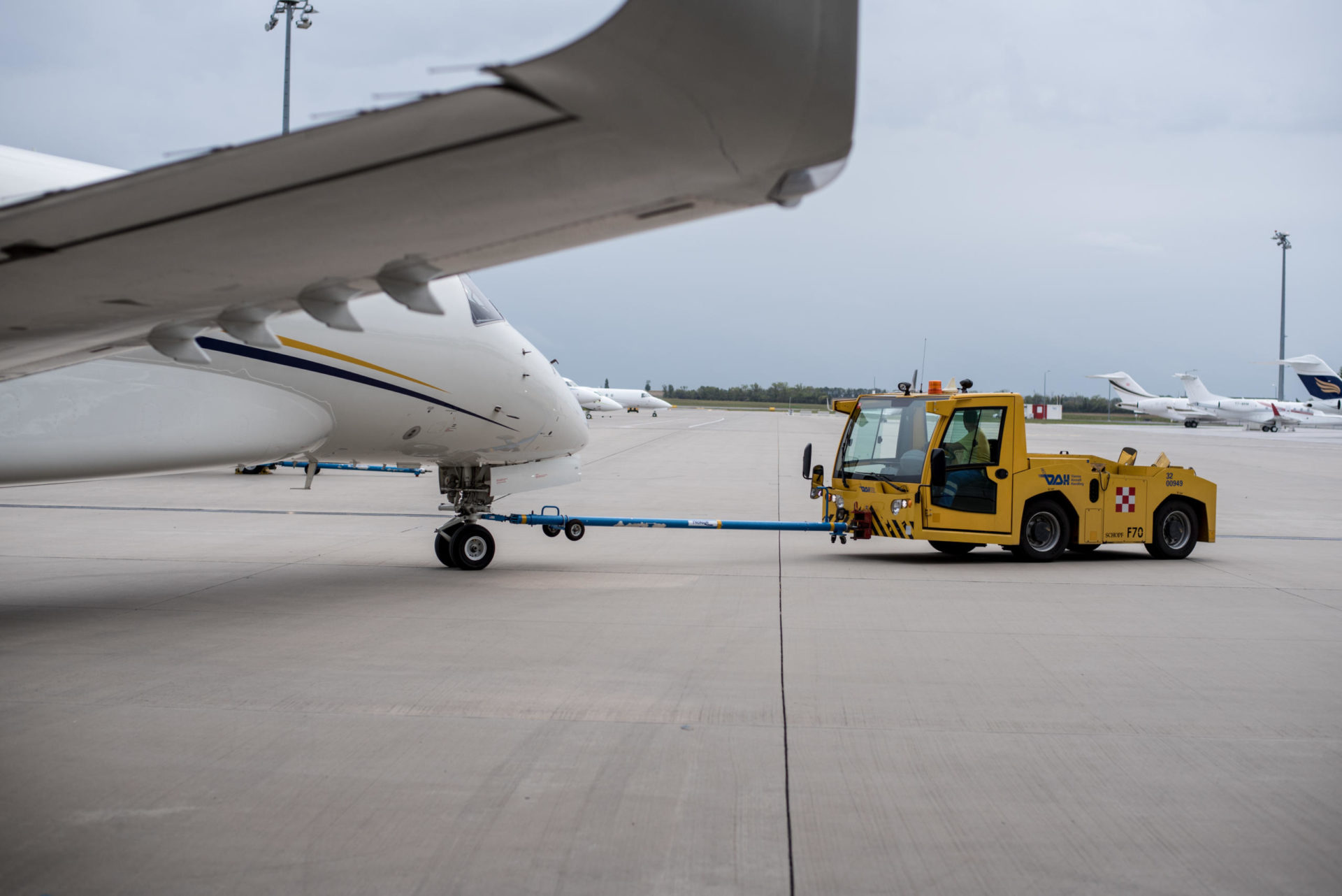
Italy: How is SAF implemented in the legislation of EU member states?
Whilst the Business aviation operators are committed to make their industry greener and sustainable and the ReFuel EU Aviation initiative of the European Commission is becoming more and more concrete, several national legislations already make the use of biofuel mandatory for the airlines.
This article is a contribution from Anna Masutti and Pietro Nisi
Although many practical issues emerge from the deployment of SAF which will have to be resolved to avoid a worse emissions profile and environmental impact than fossil fuels, SAF is deemed today as one of the most efficient ways in aviation to reduce CO2 emissions.
In this context, it is worth analysing the approach adopted by several EU Countries to encourage the use of SAF in the aviation sector.
The Aviation Lawyers Committee of EBAA, which comprises lawyers from many different European countries, has started to analyse the legal approach adopted at national levels. Whilst it already appears that some EU countries have not yet prepared any legislative tools to encourage the use of SAF, on the contrary, other member states have already amended their legislation.
The members of the Aviation Lawyers Committee will publish in the coming months a legal analysis of the legislation applying to SAF in different Member States. This second edition is for Germany.
Italy/ Legislation on SAF, how it works
The use of Sustainable Aviation Fuels (SAF) represents one of the key elements and of the most concrete opportunities to reduce the aviation sector emissions in the medium and long term.
In fact, over the last years, actions aiming at replacing traditional fuels with SAF in the aviation sector are becoming increasingly essential, considering that, for example, in the entire European transport system the 93% of fuels still come from oil, the 4.2% from biomass, the 0.8% from natural gas and just the 2% from electricity1.
However, in order to increase the use of SAF, it is necessary to involve different actors, not only Governments and European or international institutions but also consumers.
It is indeed clear that air passengers, with their choices, can influence the policies of airlines by favoring those carriers that are more willing to reduce their carbon emissions output, for example by accepting temporary price increases in the air tickets, which may be caused by the use of SAF for the flights operated by airlines more committed to sustainable fuels.
However, alongside with the commitment of single passengers, several actions have already been taken at national, European and International level.
With specific regard to Italy, the national legislation on the use and development of SAF has always been connected to the transposition and implementation of EU legislation, in particular those aimed at reducing emissions. For example, Italian legislative authorities have issued the Legislative Decree no. 66/2005, which has introduced an obligation to reduce greenhouse gases (GHG) in the transport sector, and the Legislative Decree no. 257/2016, which set out a target of 10% biofuel coverage by 2020 in the transport sector in Italy. At international level, one of the most important initiative is represented by ICAO guidelines contained in Doc. 9988 “Guidance on the Development of States’ Action Plans on CO₂ Emissions Reduction Activities“: the importance of such document is due to the fact that EU, on the basis of the abovementioned Doc. 9988, has attempted to define common strategies for the reduction of CO₂ in the medium and long term in the aviation sector. Accordingly, EU Member States have increasingly been involved in the definition of actions to be pursued both at regional and national level, as well as in the drafting of the National Aviation Plans for the on CO₂ Emissions Reduction, needed for the ecological transition of the entire transport system.
In 2012, the Italian National Aviation Plan for CO2 Emissions Reduction was published and, with specific regard to the aviation sector, the Italian CAA (Ente Nazionale per l’Aviazione Civile, ENAC) had established a task force composed of carriers, airport operators, associations, universities and research bodies, in order to identify and outline the most important initiatives and actions to be taken in order to increase the use of SAF in the aviation market.
At the moment, the Italian Action Plan, which is subject to revision every three years, is composed by different elements such as:
- collection of historical data related to international traffic;
- fuel consumption, sustainable fuels use in the aviation sector and the CO₂ emissions recorded since
2010; the forecasts of traffic;
- fuel consumption and emissions;
- identification of the measures adopted and those being applied to reduce CO₂ by the various players
in the aviation sector, including the use of SAF by airlines;
- quantification of the benefits obtained from the implementation emissions reduction measures, such as the usage of alternative and sustainable fuels, and an estimate of the positive effects expected in the next years by such actions.
Following the publication of the National Action Plan, ENAC has launched a program aimed at monitoring the environmental protection measures implemented by the various aviation bodies, in order to assess their results and effectiveness in terms of actual reduction of CO₂ emissions and usage of SAF in the next years2.
The Aviation Lawyers Committee (AMAC) Committee
The Aviation Lawyers Committee (AMAC) Committee is composed of lawyers who come from different European jurisdictions and who have a recognised expertise in Business aviation.
The objectives of the Aviation Lawyers Committee (AMAC) are to identify legal and regulatory matters which need special attention on a European level by researching relevant issues and comparing legal solutions found in different European countries.
The Committee also aims to develop tools on topics of interest in collaboration with the other AMAC committees, organise events (such as seminars and training) and promote networking activities amongst the members of the committee.




